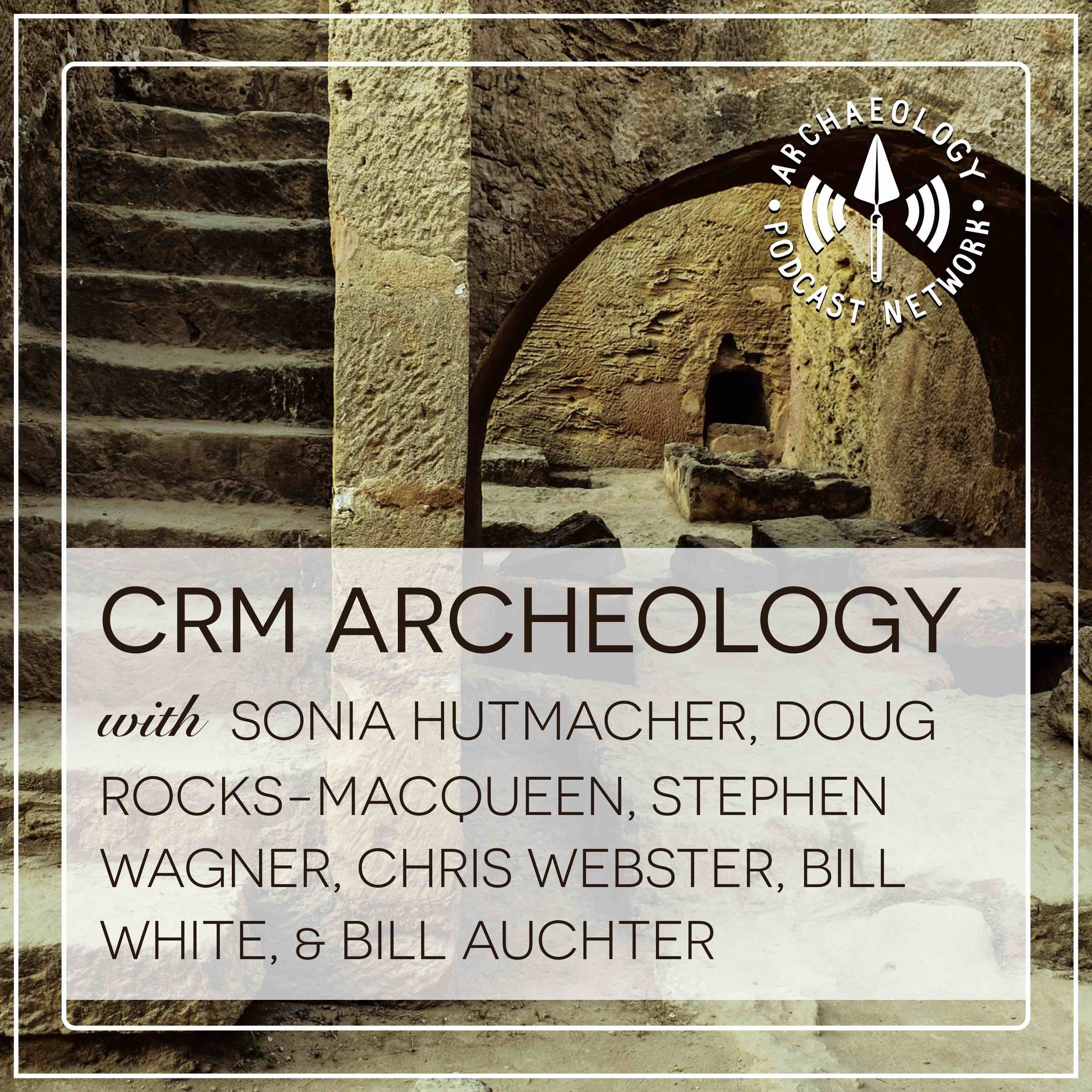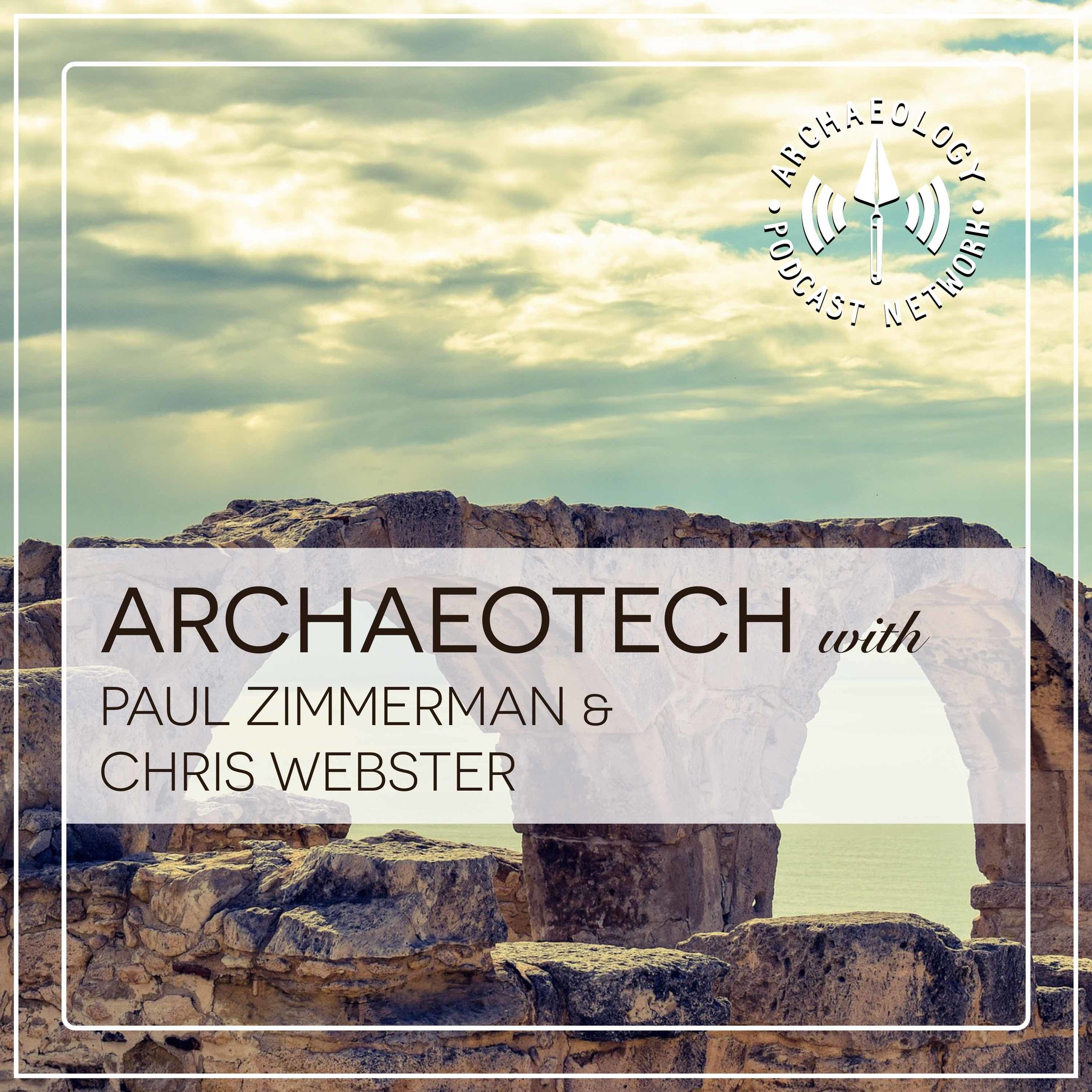There are a lot of misconceptions in archaeology that are often perpetuated simply because people don’t think about how the information they take for granted came to be. How do archaeologists know what people were doing in the past? Actually, how do we know anything at all? How do we know what didn’t happen? Tune in and find out!
Links
Is there a Solutrean-Clovis Connection in the American Colonization? (ThoughtCo)
Five Breakthrough Signs of Early Peoples in the Americas (Sapiens)
People Were Chipping Stone Tools in Texas More Than 15,000 Years Ago (Scientific American)
Did prehistoric women hunt? New research suggests so (The Conversation)
This Prehistoric Peruvian Woman Was a Big-Game Hunter (Smithsonian)
A history of true civilisation is not one of monuments (Aeon)
What Makes Civilization? The Ancient Near East and the Future of the West (WorldCat)
The Amazon Rainforest Was Profoundly Changed by Ancient Humans (The Atlantic)
Contact
Email the Dirt Podcast: thedirtpodcast@gmail.com
ArchPodNet
APN Website: https://www.archpodnet.com
APN on Facebook: https://www.facebook.com/archpodnet
APN on Twitter: https://www.twitter.com/archpodnet
APN on Instagram: https://www.instagram.com/archpodnet








